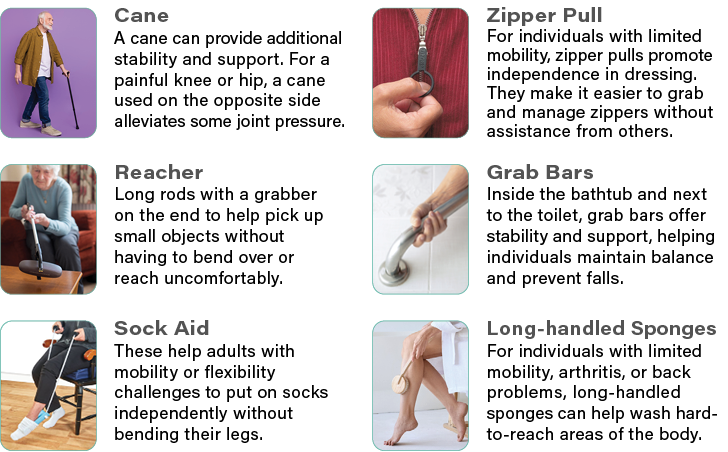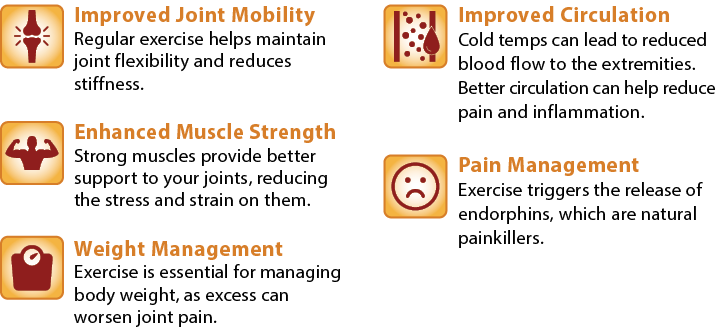Rehabilitation is an important and critical part of the recovery process. The goal of rehabilitation is to help an individual heal and achieve the highest level of independence possible. Physical Therapists (PT), Occupational Therapists (OT), and Speech-Language Pathologists (SLP) all work together to help individuals overcome obstacles and accomplish normal tasks of daily living.
Physical Therapy
Physical Therapists help those recovering after an illness, injury, surgery, or chronic condition. Physical Therapists can help speed up the recovery process by increasing strength and endurance, improving balance and coordination, and reducing pain.
Occupational Therapy
Occupational Therapists help individuals to safely do the things they need and want to do through the therapeutic use of everyday activities (occupations). The goal of Occupational Therapy is to help individuals participate in meaningful activities, promote safety, and enhance quality of life.
Speech Therapy
Speech-Language Pathology (Speech Therapy) involves the evaluation and treatment of adults experiencing trouble with speech, language, cognitive function, and swallowing disorders.
When Can Therapy Help?
- Joint Replacements
- Post-Orthopedic Surgeries
- Balance & Gait Training
- Arthritis
- Fractures
- CVA (Stroke)
- Lymphedema
- Cardiac Conditions
- Pain Management
- Back & Neck Pain
- Parkinson’s
- Neurological Conditions
- Swallowing Disorders
- Generalized Weakness, Decrease in Strength
Most people will require at least one rehabilitation service at some point in their lives, making it important to know the role and benefits of therapy. After therapy, many patients find a renewed sense of confidence and discover that daily tasks are easier and safer to complete. If you or a loved one could benefit from physical, occupational, or speech therapy, speak to your doctor today about treatment options.


